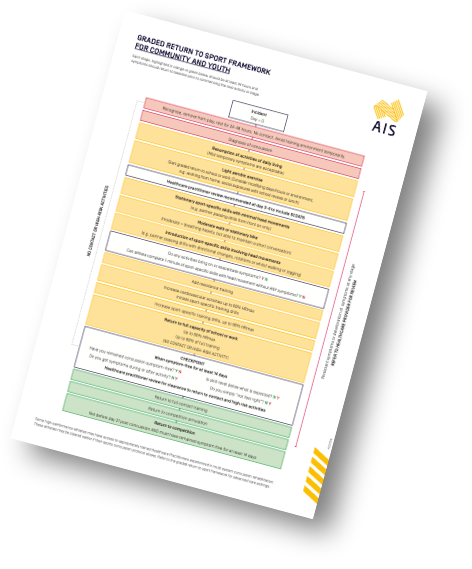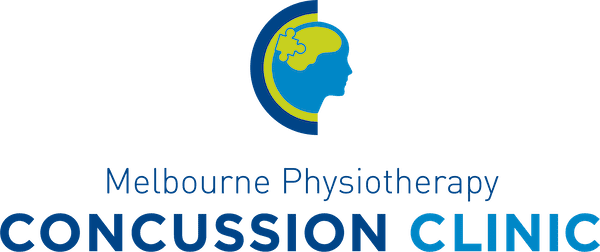Kids' activities
According to the Royal Australian College of General Practitioners (RACGP), one in five children will experience a concussion by the age of 10 years. Falls (51%) and sports-related activities (25%) are the most common causes of concussion.

The highest rates of sports-related concussions are reported in males aged 10–19 years, although young females also sustain significant concussions. Contact football (AFL, Rugby Union and League, and Soccer) have the highest reported rate of concussion, although all sports-related activities entail some risk.
Children’s brains have different mechanical and compositional properties compared to the adult brain. For example, increased water content, decreased myelin coverings and higher acceleration-deceleration forces due to decreased neck strength. This structural difference results in an increased potential for brain tissue displacement and injury. These properties can amplify the complex neurometabolic cascade that follows a concussive injury, resulting in increased vulnerability of the immature brain to secondary insults (eg second-impact syndrome) and more prolonged recovery. Further, the prefrontal cortex, the region responsible for executive function, is particularly vulnerable to injury in adolescence.
Put simply, this means that concussions sustained in children less than 15 years of age are often more complicated, take longer to recover and can significantly influence the child’s ability to return to full schooling.
It is vitally important that concussion injuries in children are accurately and carefully diagnosed. Not only for the immediate presentation but importantly for the long term health of the child. Once a clear and individual diagnosis has been made, this allows us to implement the latest evidence-based rehabilitation programs to address both the short-term and long-term health of the child.
Every school should have a readily available concussion policy and a dedicated Concussion Officer. The Melbourne Physiotherapy Concussion Clinic is very happy to assist schools in developing these policies and procedures.
Find out more
AIS Graded return to sport framework for community and youth
Download the flyer
